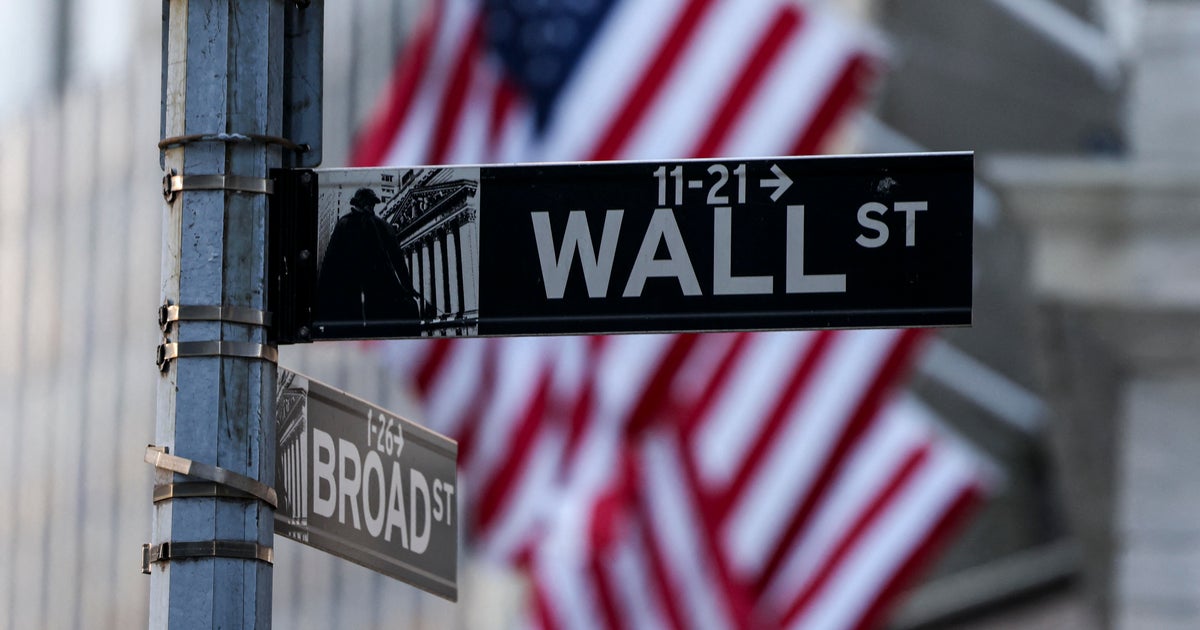Home prices surged nearly 20% in February from a year ago
Home prices across the U.S. continue to soar this year. The average cost of a home shot up 19.8% between February 2021 and February 2022, according to the latest S&P CoreLogic Case-Shiller Index, a closely watched barometer of housing costs.
The steep climb in residential real estate prices during the economic recovery that started in 2020 after the initial COVID-19 outbreak is pushing more middle-class Americans out of the housing market, economists warn.
Prices are rising chiefly because surging demand for homes far outstrips supply, with housing inventories declining during the pandemic as builders pulled back on construction. Builders completed construction of 1.3 million homes in February, down nearly 3% from the year-ago period, according to federal housing data.
As a result, home prices are likely to remain elevated until "there is a rebalancing of supply and demand," Rubeela Farooqi, chief U.S. economist with High Frequency Economics, in a report.
Housing costs are rising even more sharply in some parts of the U.S. Home prices jumped nearly 33% in February from the previous year in Phoenix, Arizona, and Tampa, Florida, according to Case-Shiller. Miami home prices grew 30%. That lifted the average price of a home in Phoenix to $459,000, according to Realtor.com. Typical homes in Tampa and Miami go for $389,000 and $515,00, respectively.
Other cities seeing a significant increase in home prices over the last year include San Diego, California (29%); Charlotte, North Carolina (25%); and Atlanta, Georgia (24%), according to Case-Shiller.
Another reason home prices are climbing is because some longtime homeowners have decided to stay put as the pandemic grinds on. Rising mortgage costs often spur home sellers to lower their asking price in order to attract bidders.
"Older Americans who otherwise might have considered downsizing have been slow to act because of lingering health fear," Bill Adams, chief economist for Comerica Bank, said in a report. "Also, downsizing offers less cost savings than it otherwise would have since house prices and mortgage rates are so much higher than pre-pandemic."
Economists from Goldman Sachs noted that home prices rose 2.4% between January and February alone — the fastest monthly rate of growth no record.
Relief on the horizon?
House hunters could see some relief later this year as mortgage rates hit their highest level in years; although that raises ownership costs, it also typically leads to softer housing demand.
"The housing market remains undersupplied, and it will be a sellers' market for some time, but demand should soften with rising mortgage rates, reducing the demand-supply imbalance," PNC Senior Economist Abbey Omodunbi said in an email.
With the Federal Reserve now hiking its benchmark interest rate, the average rate for a 30-year mortgage is now 5.2%, and 4.4% for a 15-year loan, according to Bankrate.



